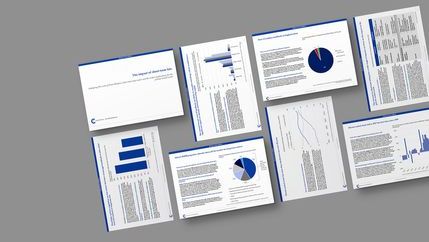
Short-term lets
Despite latest figures revealed by the Propertymark private rented sector report highlighting a lack of rental stock available across the UK and an increase in prospective tenants, over the last few years an increase in legislation affecting the private rented sector (PRS) and the effects of travel restrictions caused by the pandemic, has led to many landlords moving into the short-term and holiday let sector.
While entering the short term or holiday let sector may provide faster profit in the short term, Propertymark members have revealed the hidden costs of short term lets, such as:
- changeover cleaning between stays, to covid safe standards
- providing utilities, toiletries and WiFi
- less likely for tenants to see property as a ‘home’ space, therefore greater potential for damages
- income is not guaranteed as there can be down periods between seasons
- risk of damaging relationships with neighbours due to unruly tenants
- some landlords may be breaching their mortgage stipulations by letting in this way
The impact of short-term lets
Nearly half a million properties could be left unavailable for residents looking to rent in the private rented sector. More landlords are exiting the market and moving into short-term lets due to the raft of legislative changes they have to face.
Rental stock
Nearly half of landlords that offer short-term lets said they enjoy more flexibility according to figures reported in ‘The impact of short-term lets’ report published by Propertymark during January 2020. Over a quarter said they were encouraged to move to short-term lets as they thought they could achieve higher rents.
At the time of ‘The impact of short-term lets’ report it was estimated that nearly half a million properties would be lost from the long-term lettings market in favour of short-term lets.
It is common that in areas where there are more short-term/holiday lets, rent prices are often inflated and agents have even reported prospective tenants looking for family homes missing out.






